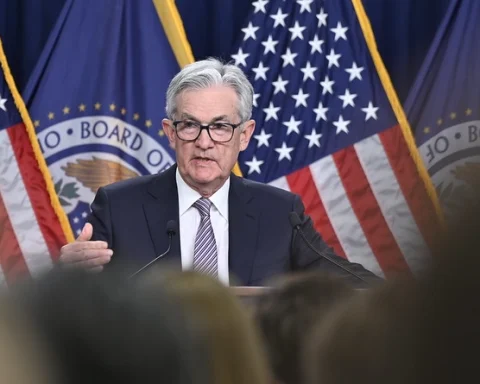Introduction:
As the three-day strike involving 75,000 healthcare workers across multiple states nears its end, the battle for fair wages and adequate staffing levels in one of America’s largest healthcare systems, Kaiser Permanente, continues. This strike, which spanned California, Colorado, Oregon, and Washington, represents a final plea from workers who feel ignored in the face of a staffing crisis exacerbated by the pandemic.
The Struggle for Fair Wages:
At the heart of the strike is the issue of wages. Kaiser Permanente, a healthcare industry giant, reported a substantial $2.1 billion profit for the quarter. In response, the company proposed minimum hourly wages ranging from $21 to $23, dependent on location. However, union members argue that the profitability of the hospital system should not come at the expense of quality patient care. They contend that understaffing, while boosting profits, ultimately harms the very individuals the healthcare system is designed to serve.
Bargaining in Bad Faith:
Union representatives have raised concerns about the sincerity of negotiations with Kaiser Permanente. While tentative agreements have been reached in some areas, crucial matters such as long-term staffing plans and substantial wage increases remain unresolved. This has left workers feeling that they are bargaining with an institution not acting in good faith.
The Impact on Patient Care:
The staffing crisis not only affects healthcare workers but also has a direct impact on patient care. Understaffing can lead to overworked and exhausted staff, potentially compromising the quality of care provided. The strike, in essence, serves as a call to action, urging Kaiser Permanente to prioritize both its employees and the patients they serve.
The Way Forward:
As the strike concludes, the Coalition of Kaiser Permanente Unions, representing a significant portion of the healthcare system’s workforce, remains committed to finding a resolution. They await Kaiser’s return to the negotiating table, ready to engage in meaningful discussions aimed at achieving a fair and equitable agreement.
Conclusion:
The Kaiser Permanente strike highlights the critical need for fair wages and appropriate staffing levels in the healthcare industry. It is a reminder that the well-being of healthcare workers and the quality of patient care are deeply interconnected. As the strike concludes, the hope is that Kaiser Permanente will recognize the urgency of addressing these concerns and work collaboratively with its dedicated workforce to create a sustainable and equitable healthcare environment for all.
ReadMore: Mastering the Art of Influence: John Ferguson’s Expertise in Persuasion and Sales
























